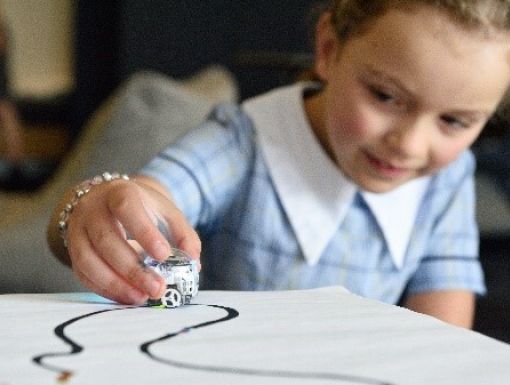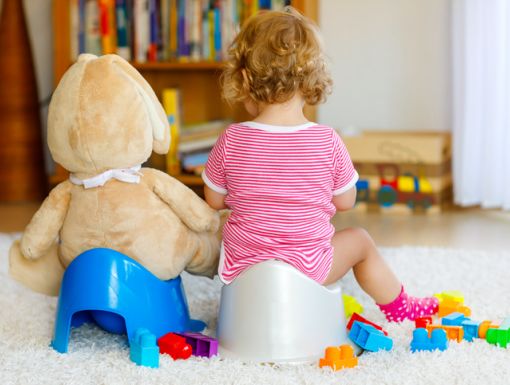
Constipation in Children: When to Worry
Everyone at one time or another experiences constipation, which we define as decreased frequency of stool or hard stools. But what if your child seems to have ongoing problems with constipation? Most of the time, there is no underlying illness leading to constipation. We call this “functional constipation.’’
What is functional constipation?
Functional constipation is a common childhood problem. At least 25% of visits to pediatric gastroenterologists are due to constipation. Common events that lead to a change in bowel frequency include potty training, starting school or a change in schedule.
Sometimes, children become fearful of using the toilet. Perhaps they’ve had a bout of constipation in the past and it was painful to pass the hard stools. The child decides to ignore it when they have the urge to poop and avoid using the toilet. When a child continues to ignore this urge, stool builds up in the rectum.
Poop that remains in the rectum a long time loses water and gets harder. The poop can then become impacted in the rectum. When the rectum and lower colon get stretched out because of the buildup of stool, the brain doesn’t get the message that the child needs to poop. You can see how this will lead to more problems.
Sometimes, loose stool will leak out around the impacted poop. The child isn’t trying to pass this leaky stool, and sometimes isn’t even aware it happened. This is called “encopresis,’’ and this can lead to embarrassing accidents.
Treatment for functional constipation
Children ages 1-4 generally have a bowel movement at least once a day, sometimes several times a day. More than 90% of children poop at least every other day, although some of these children may be constipated. If you suspect your child has functional constipation, see a healthcare provider. They may prescribe the following treatments:
Cleanout phase
This is exactly what it sounds like. Also called the disimpaction phase, the goal is to clean out the rectum. Your child’s doctor will prescribe a “purgative,’’ a drink that will get your child’s bowels moving. Your child’s doctor also will probably recommend having plenty of fluids on hand. Your child will need to have ready access to a toilet while he is taking the purgative.
Maintenance phase
Treatment of functional constipation isn’t one-and-done. Your child most likely will need to be kept on a maintenance dose of the purgative for several months, up to a year, or whenever your child’s doctor decides it’s time to stop. Your doctor will probably gradually taper off the dose, giving your little one time to develop good toilet habits. It’s also important during this time to get your child in the habit of eating fiber-rich fruits, vegetables and grains daily and drinking plenty of water. And get plenty of exercise together as a family, too! Exercise helps our bowels work properly.
If soiling accidents happen, be patient with your child. This is not uncommon with children who have functional constipation and they are not deliberately acting out.
Your child shouldn’t be rushed to use the bathroom as good toilet habits get reestablished. Give your child plenty of time to go. Schedule potty time three times a day, about a half hour after each meal, to help establish these good habits. Be positive and supportive with your child rather than harsh and demanding. You can help them be comfortable by providing a low stool for them to rest their feet on when sitting on the toilet, which can also help them with pushing. Very young children might feel safer facing backward when seated on the toilet, or they might prefer to use a potty chair.
It’s important to keep in touch with your child’s doctor and follow instructions carefully for giving your child medications.
Counseling and behavior modifications
A counselor trained in working with children on this issue can also help your child develop healthy habits and cooperate with the treatment plan laid out by the doctor. The whole family can also participate in the counseling. Don’t despair: Functional constipation can be cured. If occasional setbacks happen, your doctor can help you get back on track.
Learn more about pediatric gastroenterologist Erika Smith, MD


